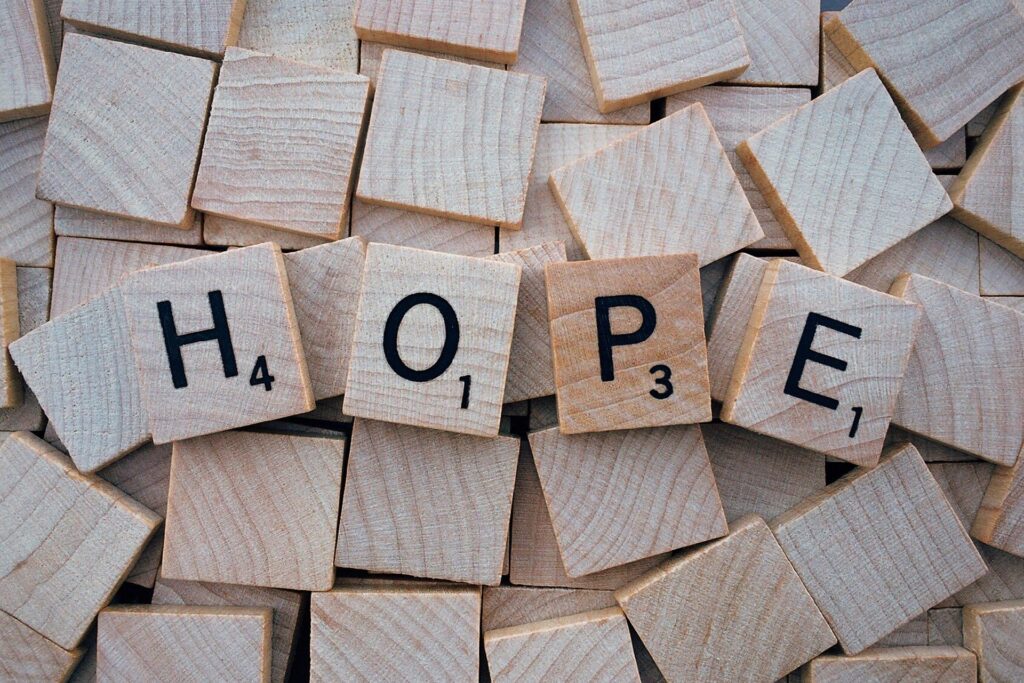
Complex PTSD (C-PTSD) refers to traumatic events that were ongoing or repeated. In the context of childhood trauma, these events occurred within your earliest relationships with parents or caregivers who were unpredictable, unavailable, or a source of terror.
One of the greatest challenges associated with long-term trauma is that it can impact your sense of hope for a positive future. A looming sense of despair might dominate your awareness. Given that child abuse and neglect are relational traumas, you may have lost faith in other people’s trustworthiness or capacity for goodness.
“If you relate to these symptoms of C-PTSD, please know that you are not alone. More importantly, you can overcome overwhelming feelings of hopelessness and despair. Complex PTSD recovery involves working through the pain of your past and reclaiming a sense of meaning and purpose for your life.”
-Dr. Arielle Schwartz

As a survivor of childhood trauma, you might sometimes experience a deep existential loneliness or sense of despair. In part, this is due to the senselessness and lack of reason that accompanies child abuse and neglect. With C-PTSD, these symptoms are referred to as alterations in your “systems of meaning.”
Systems of meaning refers to changes in the beliefs that you hold about yourself, your relationships, the world, and your future. For example, you might believe that you are permanently damaged or that you are incapable of overcoming the obstacles in your life. Perhaps, you doubt that people can act with kindness or generosity. You might doubt that there is any goodness possible in this world. Maybe you feel a sense of despair about the state of the world. These feelings can make it challenging to find any sense of purpose, meaning, or hope for your future.
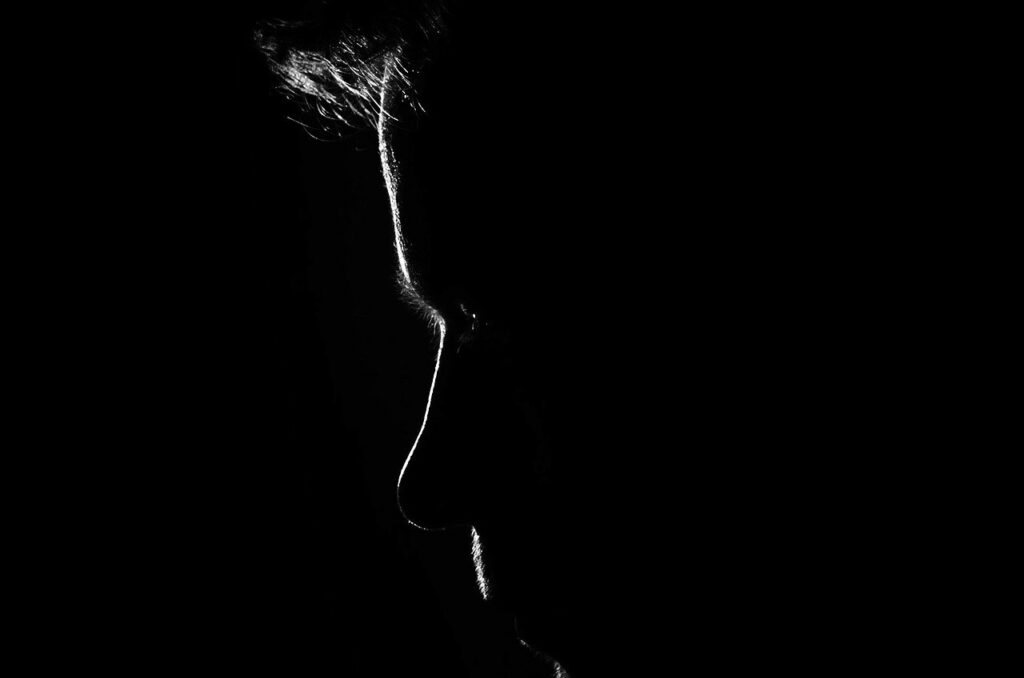
As a survivor of childhood trauma, you may have initially tried to make things better for yourself and your family. For example, you might have tried to help relieve your parents’ suffering. You may have also felt that no matter how hard you tried, nothing worked. Loss of hope often arises when you feel like you have run out of choices and there is no way to change your situation. You might feel like an insurmountable amount of accumulated disappointment or a sense of utter defeat. Often, there will never be sufficient retribution to make up for the injustice of abusive or neglectful parents. Your pain may never be adequately acknowledged by those who injured you. Profound feelings of grief might as you work through unresolved feelings of resentment or disappointment.
The cost of despair is the loss of your vitality and your joy. You might feel bad about yourself or feel incapable of living the life that you want. Ongoing feelings of powerlessness can lead you to feel that your actions are futile. You might wonder what is the point of trying to get better or question whether healing is even possible. You may have grown bitter or cynical. It is essential to remember that all of these feelings are symptoms; they are not a sign of failure on your part. These feelings are the result of the traumatic events of your past. Most importantly, they do not need to define your future.

Feelings of despair and hopelessness can feel like heavy weights that you are carrying in body and mind. Worthlessness can shape how you carry yourself through the world impacting your posture or willingness to make eye contact with others. In addition, since chronic pain and illness are common areas of concern for individuals with C-PTSD, you might feel as though your symptoms are confirmation that you are damaged or broken.
Recurrent traumatization is often carried in the body; sometimes, for many years. However, this should not be a reason to attack or criticize yourself. It is possible to release trauma from the body and you do so by increasing awareness of tension and exploring healing movements. You heal by turning toward your somatic experiences compassionately and allowing yourself to feel the heaviness.
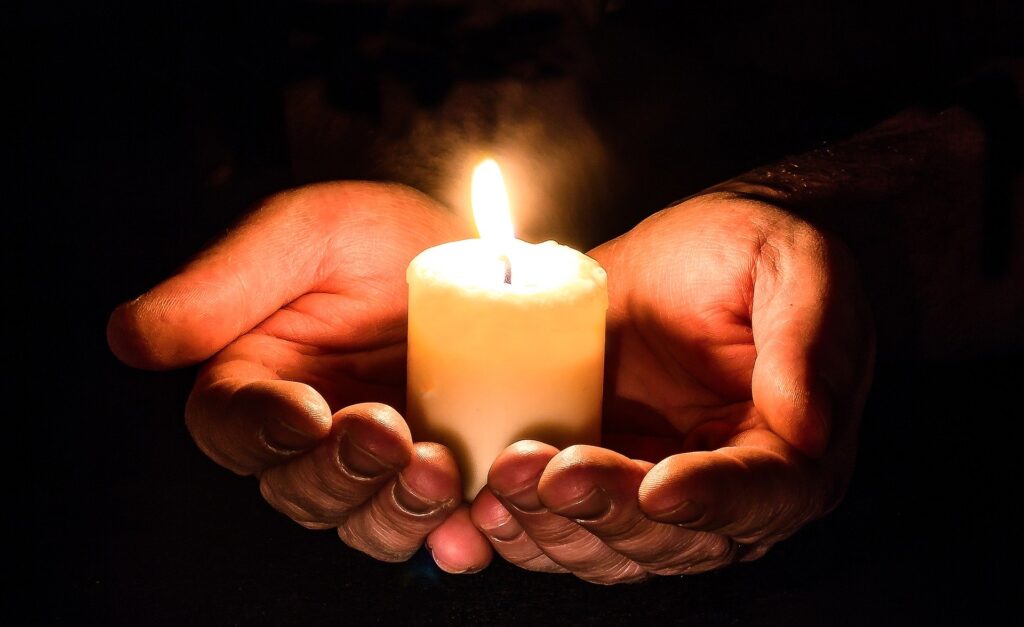
Having a sense of hope for Complex PTSD recovery involves taking the time to reflect upon your relationship to meaning and purpose. For example, you might start by exploring the ways that you have grown as a result of the painful events of your past. Perhaps your suffering has become a source of compassion for others. Or, maybe your pain has inspired you to express yourself creatively. Your process of making meaning out of trauma is unique to you. Nobody else can answer these profound, existential questions.
Making meaning out of suffering also involves taking responsibility for your life now by exploring your habitual thoughts and actions. For example, you might notice a tendency to think pessimistically about your life and your future. As a result, you might challenge yourself to refocus your mind on positive or loving thoughts toward yourself or others. While initially, you may need to move slowly and build your tolerance for positive and loving feelings. With time and practice you can increase bring excitement, joy, and vitality into your life.
It is important to keep this process realistic. When you have a history of trauma, you know that the world can sometimes be very unsafe and hurtful. While it is limiting to believe that all situations are dangerous, it is equally unrealistic to tell yourself that the world is always safe and all people are kind. However, you can choose to be around people who make smart choices and treat you respectfully. You can also make choices to stay away from people who are not trustworthy. This can help you to focus on the actions that you can take to make a difference in the outcome of your life now.

Growing up with a history of childhood trauma can lead you to have a negativity bias. This can cause you to focus on your pain and problems while simultaneously ignoring the ways that you are strong and resilient. A strength based approach to healing involves focusing on your positive qualities. This will help to counterbalance difficult feelings of hopelessness or despair when they arise. Take some time to write your answers to the following questions in a journal. Notice how you feel mentally, emotionally, and physically after focusing on your strengths.

Remember, you do not need to heal alone. Most often Complex PTSD recovery benefits from having another person, such as a trusted therapist, to be with you in the midst of your suffering. As you allow another personal to stand with you in the darkness, the two of you can learn to turn toward the light. More than anything, feelings of hopelessness and despair benefit from unconditional acceptance and compassion. You might feel unsure about opening your heart in a world that has betrayed you. However, each time you experience the gift of another person’s kindness, you have an opportunity to restore your faith in humanity. Eventually, this can also help you turn toward yourself with greater self-acceptance.null
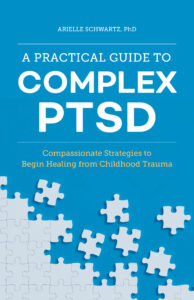
As a compliment to the Complex PTSD Workbook, A Practical Guide to Complex PTSD: Compassionate Strategies for Childhood Trauma, is meant to provide compassionate support for the process of healing from childhood trauma. You can think of it as a lantern that will illuminate the dark spaces and provide a sense of hope in moments of despair. The practical strategies you will learn in this book are taken from the most effective therapeutic interventions for trauma recovery. You will learn the skills to improve your physical and mental health by attending to the painful wounds from your past without feeling flooded with overwhelming emotion. My wish is to help you discover a new sense of freedom. The traumatic events of your past no longer need to interfere with your ability to live a meaningful and satisfying life. Click here to Order on Amazon.
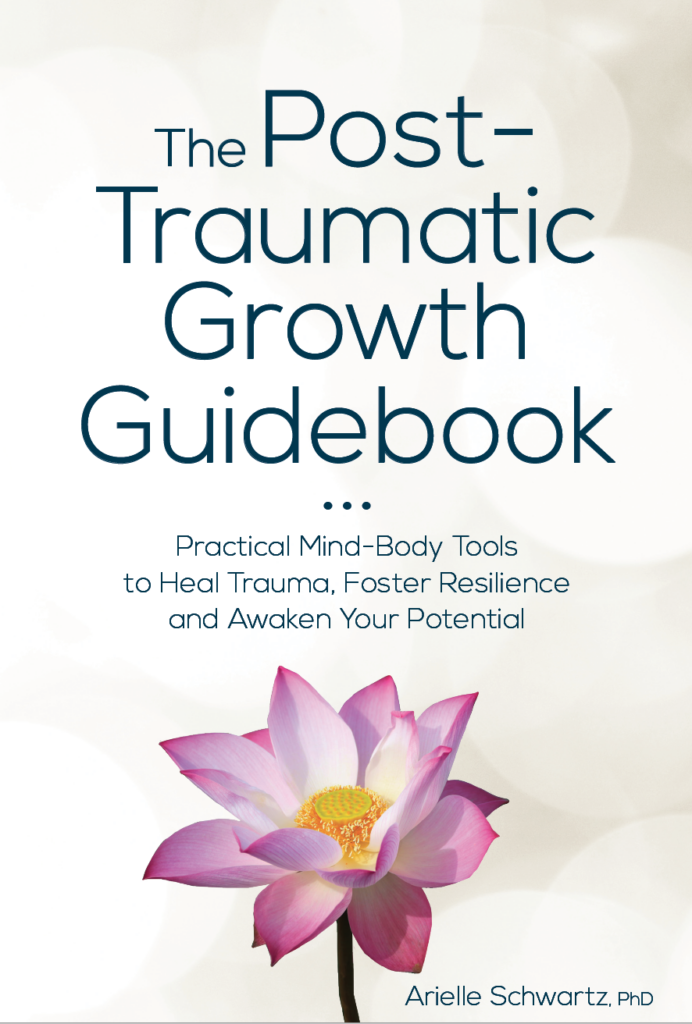
This blog offers a preview of The Post Traumatic Growth Guidebook: Practical Mind-Body Tools to Heal Trauma, Foster Resilience, and Awaken your Potential. Within the pages of this book, you will find an invitation to see yourself as the hero or heroine of your own life journey. A hero’s journey involves walking into the darkness on a quest for wholeness. This interactive format calls for journaling and self-reflection, with practices that guide you beyond the pain of your past and help you discover a sense of meaning and purpose in your life. Successful navigation of a hero’s journey provides opportunities to discover that you are more powerful than you had previously realized. Click here to order the book on Amazon.

In The Complex PTSD Workbook, you’ll learn all about Complex PTSD Recovery and gain valuable insight into the types of symptoms associated with unresolved childhood trauma, while applying a strength-based perspective to integrate positive beliefs and behaviors. This is a great add-on with the Post Traumatic Growth Guidebook…Click here to order.
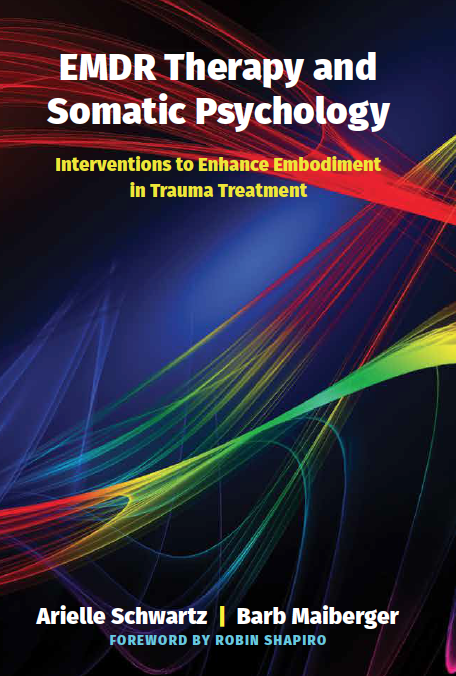
Connect to this post? The EMDR Therapy and Somatic Psychology book, is available on Amazon! Click here to increase your toolbox for healing. An integrative and effective approach to healing from trauma.

Dr. Arielle Schwartz is a licensed clinical psychologist, wife, and mother in Boulder, CO. She offers trainings for therapists, maintains a private practice, and has passions for the outdoors, yoga, and writing. She is the developer of Resilience-Informed Therapy which applies research on trauma recovery to form a strength-based, trauma treatment model that includes Eye Movement Desensitization and Reprocessing (EMDR), somatic (body-centered) psychology and time-tested relational psychotherapy. Like Dr. Arielle Schwartz on Facebook,follow her on Linkedin and sign up for email updates to stay up to date with all her posts. Dr. Schwartz is the author of three books:
Image Credits: Peter H, Miriam Zilles, and Wokandapix on Pixabay

Arielle Schwartz, PhD, is a psychologist, internationally sought-out teacher, yoga instructor, and leading voice in the healing of PTSD and complex trauma. She is the author of five books, including The Complex PTSD Workbook, EMDR Therapy and Somatic Psychology, and The Post Traumatic Growth Guidebook.
Dr. Schwartz is an accomplished teacher who guides therapists in the application of EMDR, somatic psychology, parts work therapy, and mindfulness-based interventions for the treatment of trauma and complex PTSD. She guides you through a personal journey of healing in her Sounds True audio program, Trauma Recovery.
She has a depth of understanding, passion, kindness, compassion, joy, and a succinct way of speaking about very complex topics. She is the founder of the Center for Resilience Informed Therapy in Boulder, Colorado where she maintains a private practice providing psychotherapy, supervision, and consultation. Dr. Schwartz believes that that the journey of trauma recovery is an awakening of the spiritual heart.